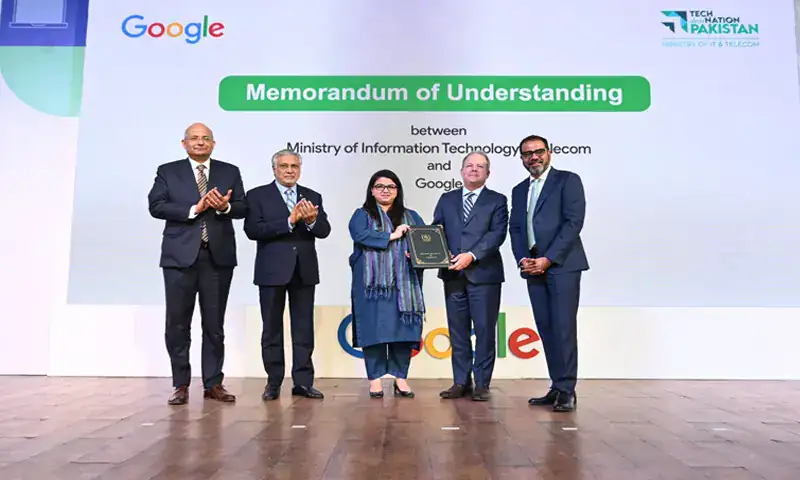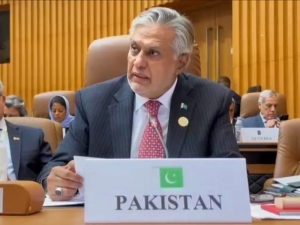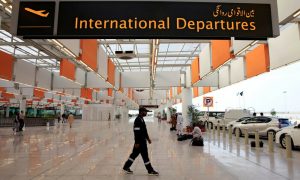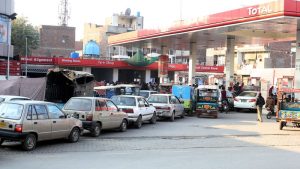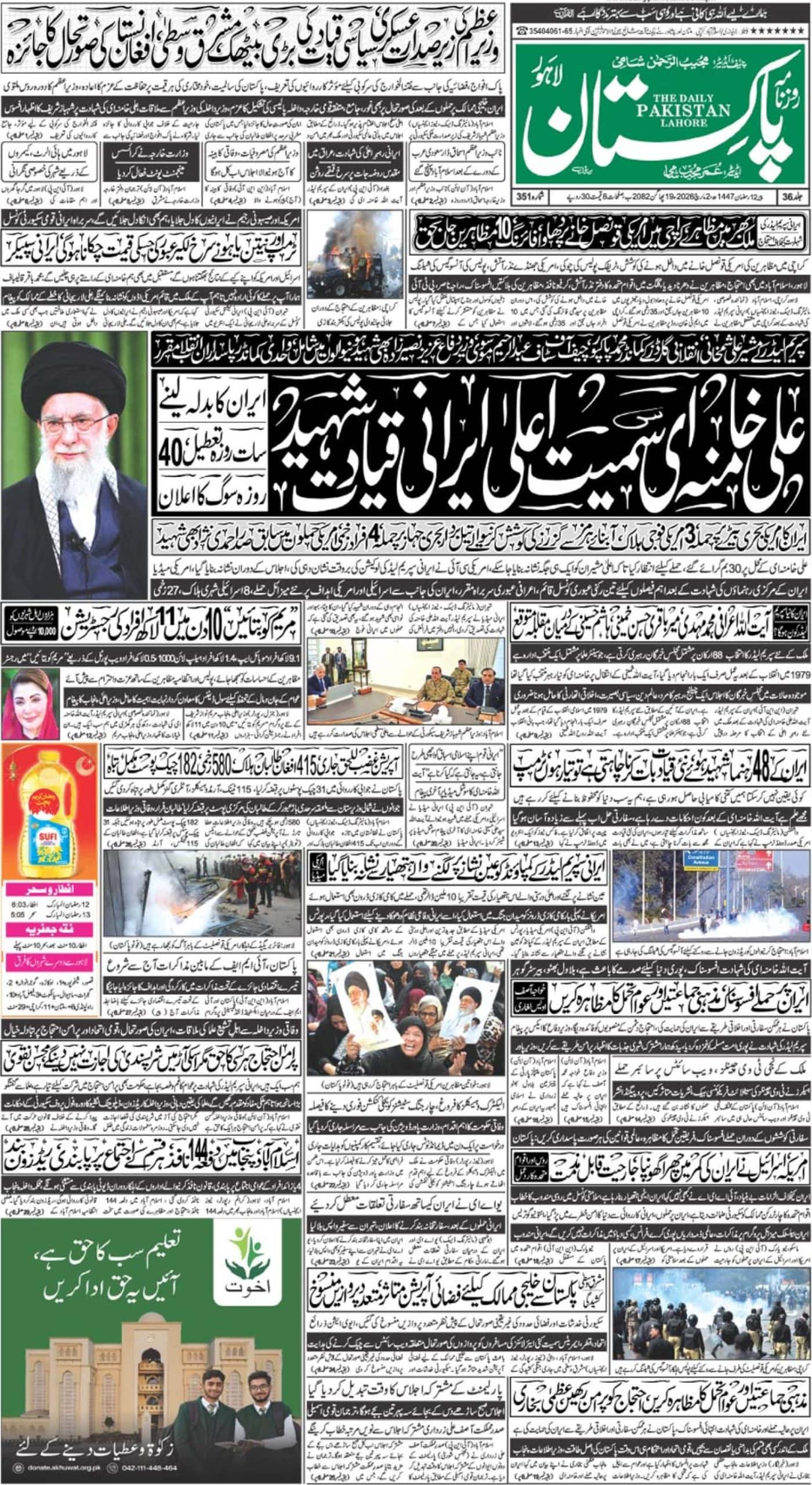ISLAMABAD – An exciting chapter in Pakistan’s digital journey started as Ministry of Information Technology and Telecommunications and Google came together to sign historic Memorandum of Understanding, promising to transform education, innovation, and technology across the nation.
Information Ministry joined hands with Google, signing groundbreaking Memorandum of Understanding (MoU) to supercharge country’s digital and AI transformation. The historic agreement was sealed at high-profile ceremony at Prime Minister’s Office, attended by Deputy Prime Minister Ishaq Dar, IT Minister Shaza Fatima, top government officials, and Google’s regional leadership.
Google Pakistan’s Country Director Farhan Qureshi said “Made in Pakistan” Chromebooks produced locally in collaboration with Allied, NRTC, and Tech Valley, mark monumental step in digital education. The devices promise high-quality, low-cost, and secure access for teachers, students, developers, and creators, bringing cutting-edge technology to the fingertips of millions.
“This initiative doesn’t just meet local demand; it positions Pakistan as a future hardware export powerhouse,” Qureshi added. “Digital skills training and technology adoption could boost Pakistan’s GDP by an astonishing PKR 28 trillion by 2030.”
Tech Valley CEO Umar Farooq stressed democratizing power of the project: “Every Pakistani youth now has access to world-class digital education, thanks to locally manufactured low-cost devices.”
MoU focuses on three transformative pillars. Digital Skills, Over 100,000 Google Career Certificates will be delivered by 2025, building on the 80,000 scholarships already awarded this year, with nearly half going to women.
Artificial Intelligence: An AI Skills Lab will connect more than 100,000 developers with advanced AI technologies. Innovation & Startups: Collaboration on gaming policies, startup workshops, mentorship, and Google Cloud support will fuel Pakistan’s tech ecosystem.
In addition, a unique AI Leaders Fellowship will guide 100 institutions in responsibly adopting AI, while Emergency Location Services (ELS) cooperation will revolutionize Pakistan’s disaster and emergency response.
Federal IT Minister Shaza Fatima Khawaja hailed the Chromebook assembly line as a “revolutionary leap,” merging technology, education, and manufacturing. She reaffirmed the government’s commitment to accelerating Pakistan’s digital growth, calling the partnership a “game-changer” for the nation.
With this unprecedented collaboration, Pakistan is not just catching up in the digital race, it’s gearing up to lead it. The future of technology, education, and innovation in Pakistan has officially arrived.

